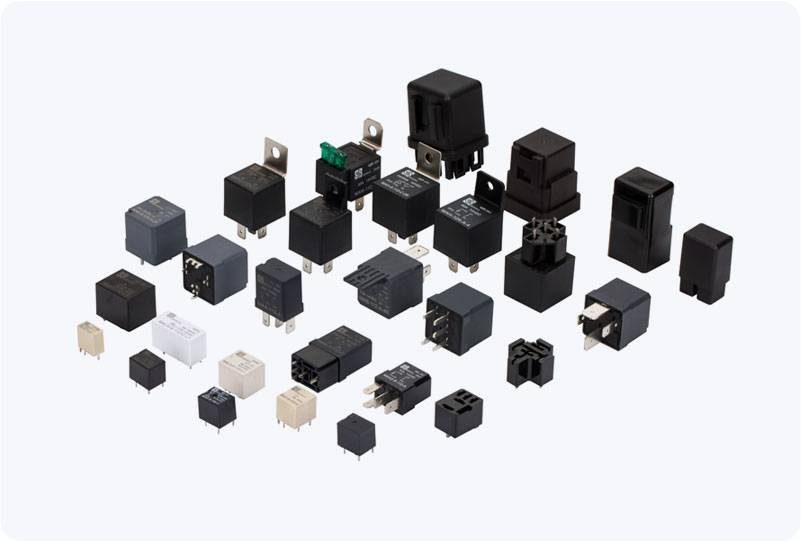explosion-proof relay for oil and gas industry: ensuring safe electrical operations in hazardous environments
Release time:2025-09-19 16:52:24
In the oil and gas industry, safety is the paramount concern, especially when dealing with hazardous environments that may contain explosive gases, vapors, or dust. To ensure that electrical systems function without posing a risk to workers and equipment, explosion-proof relays are critical components. These relays are specifically designed to operate safely in explosive atmospheres, preventing sparks or electrical arcs that could ignite dangerous substances. This article explores the role and importance of explosion-proof relays in the oil and gas sector, their design, working principles, applications, and certifications.

1. The Need for Explosion-Proof Relays in Oil and Gas The oil and gas industry is inherently dangerous, with many operations taking place in environments where flammable or explosive gases and vapors are present. Whether in offshore oil rigs, refineries, gas pipelines, or chemical plants, the risk of ignition from electrical equipment is ever-present. Relays, which are used to control electrical circuits and systems, must meet stringent safety standards to prevent any potential electrical faults from leading to catastrophic explosions. Explosion-proof relays serve to prevent ignition by containing any potential sparks, arcs, or heat within their housing. By using specially designed enclosures that prevent the escape of fire or heat, these relays ensure that electrical faults do not escalate into dangerous events.

